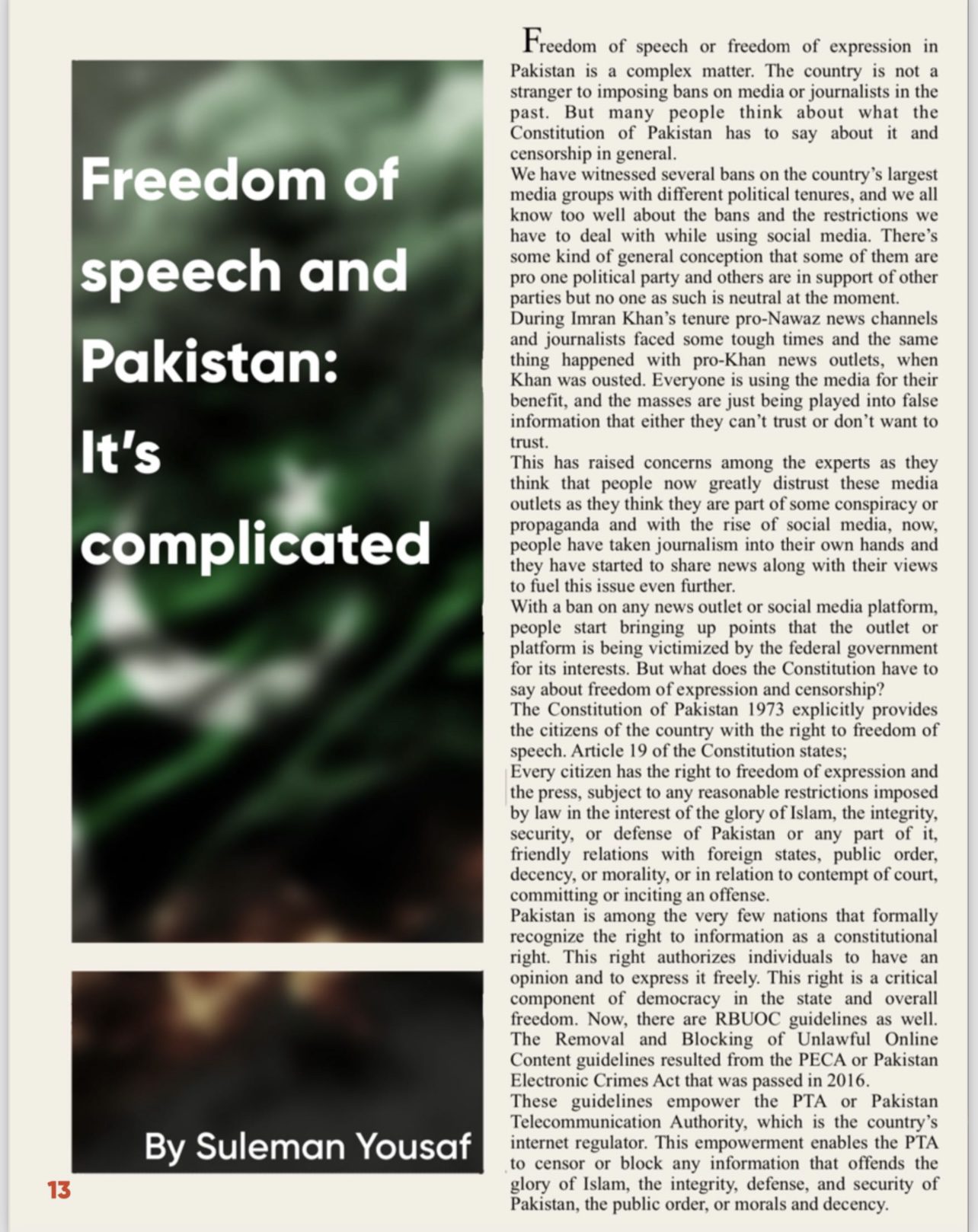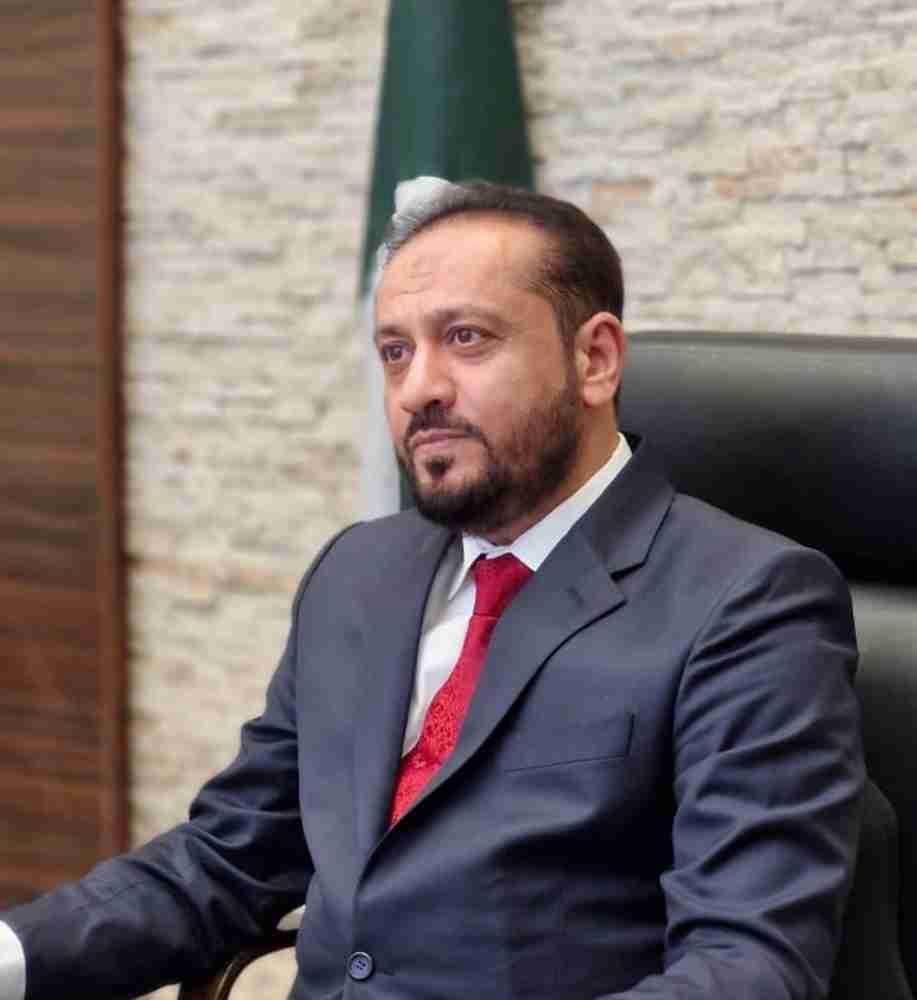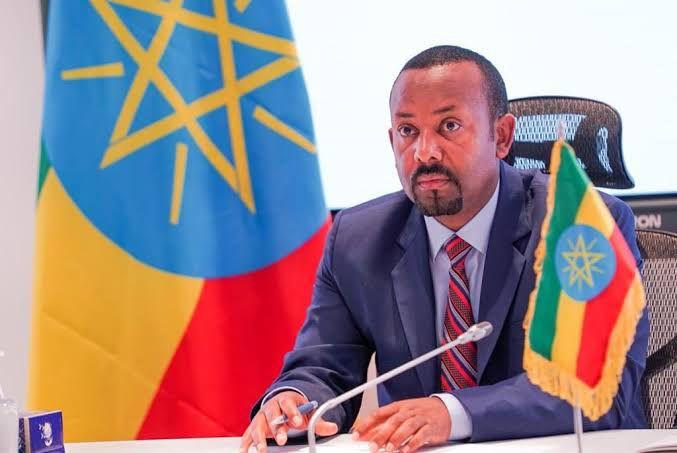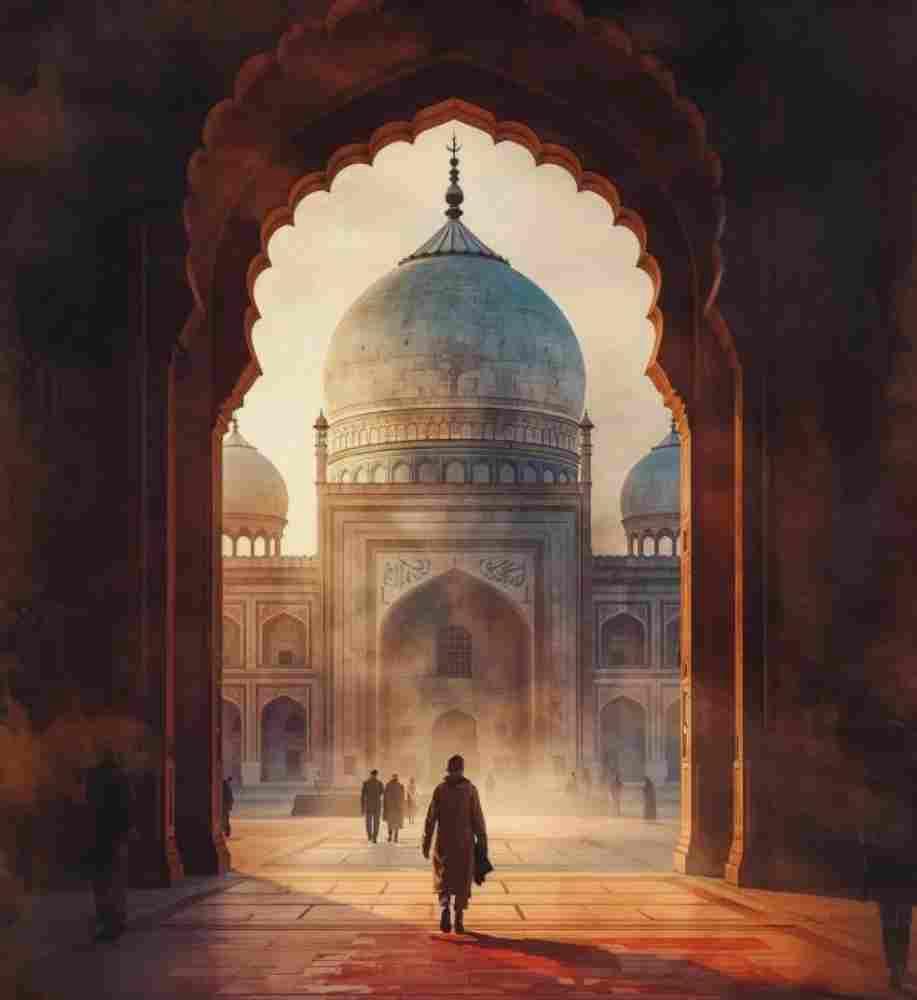By Suleman Yousaf (Pakistan)
Freedom of speech or freedom of expression in Pakistan is a complex matter. The country is not a stranger to imposing bans on media or journalists in the past. But many people think about what the Constitution of Pakistan has to say about it and censorship in general. We have witnessed several bans on the country’s largest media groups with different political tenures, and we all know too well about the bans and the restrictions we have to deal with while using social media. There’s some kind of general conception that some of them are pro one political party and others are in support of other parties but no one as such is neutral at the moment.
During Imran Khan’s tenure pro-Nawaz news channels and journalists faced some tough times and the same thing happened with pro-Khan news outlets, when Khan was ousted. Everyone is using the media for their benefit, and the masses are just being played into false information that either they can’t trust or don’t want to trust.
This has raised concerns among the experts as they think that people now greatly distrust these media outlets as they think they are part of some conspiracy or propaganda and with the rise of social media, now, people have taken journalism into their own hands and they have started to share news along with their views to fuel this issue even further.
With a ban on any news outlet or social media platform, people start bringing up points that the outlet or platform is being victimized by the federal government for its interests. But what does the Constitution have to say about freedom of expression and censorship?
The Constitution of Pakistan 1973 explicitly provides the citizens of the country with the right to freedom of speech. Article 19 of the Constitution states;
Every citizen has the right to freedom of expression and the press, subject to any reasonable restrictions imposed by law in the interest of the glory of Islam, the integrity, security, or defense of Pakistan or any part of it, friendly relations with foreign states, public order, decency, or morality, or in relation to contempt of court, committing or inciting an offense.
Pakistan is among the very few nations that formally recognize the right to information as a constitutional right. This right authorizes individuals to have an opinion and to express it freely. This right is a critical component of democracy in the state and overall freedom. Now, there are RBUOC guidelines as well.
The Removal and Blocking of Unlawful Online Content guidelines resulted from the PECA or Pakistan Electronic Crimes Act that was passed in 2016.
These guidelines empower the PTA or Pakistan Telecommunication Authority, which is the country’s internet regulator. This empowerment enables the PTA to censor or block any information that offends the glory of Islam, the integrity, defense, and security of Pakistan, the public order, or morals and decency.
With these regulations, the government can ban social media platforms, such as YouTube, X, Facebook, or others if they don’t comply with any takedown requests. These regulations mandate that all social media platforms with the inclusion of messaging apps, such as WhatsApp, Messenger, and others share decrypted data of users with the authorities without any judicial binding and give PTA authority to levy heavy fines.
Over the internet, Pakistan’s censorship primarily focuses on blasphemous media or content, especially if being a potential threat to national security. The best example of that was the ban on YouTube that went on for years and was triggered due to a rise in sacrilegious and Islamophobic content. But there is an aspirational norm that is shared by all nations and it is the Universal Declaration of Human Rights. As the name implies, all individuals of all nations in the world are covered under it. However, it doesn’t have any legal authority.
This Universal Human Rights Declaration has been integrated into many domestic legal systems and national constitutions and this is even though it can’t be legally forced. This declaration has proved to be the basis of many other legally enforceable human rights laws. Therefore, this declaration has a baseline of principles that should be promoted, advocated, and maintained across the globe. Article 19 of this declaration states that every individual has the right to free thinking and expression.
The ICCPR or International Covenant on Civil and Political Rights is an international human rights instrument that safeguards various political and civil rights. This covenant requires governments to adopt legislative, judicial, and administrative measures for the preservation and provision of appropriate remedies for the rights that are there in the treaty.
The UN General Assembly, in 1966, approved this covenant and it became effective in 1976. The ICCPR’s Article 19 re-emphasizes the declaration’s statements and it further contributes that certain limitations can be imposed by law to defend morality, public health, public order, and national security for the sake of the rights of others. Now, establishment has been a major contribution to Pakistan’s history, and democratic rulers were given little chance.
There’s always the claim that the free press is the cornerstone of every democratic regime, but Pakistani
media has always been under strict regulations imposed by the ruling party, regardless of their political views and stances.
But the point is that the media doesn’t only depend on democracy alone. However, democracy does depend on the media. Censorship is strongly disliked throughout the world and freedom of expression has now the status of being a fundamental human right.
Therefore, it should be treated in the same way.
However, different governments across the globe come with different priorities and there have been far too many instances where a breach of this right has occurred. Pakistan is no different either.
Most of the banned content online is either blasphemous, directly opposes the ethical and moral limits that Islam set out, or threatens public order and national security. The issue comes in when the whole platform is banned instead of only the offensive content. In Western countries, such censorships only exist if content threatens national security.
The PPF or Pakistan Press Foundation reported the condition of Pakistan’s media when in 2018 seven journalists and the owner of a media organization had to fight a legal battle. More recently, The Guardian has reported that novelists, activities, journalists, and politicians have raised concerns over the current environment of severe self-censorship and fear. There has been a suppression of opposite political views and it is worse than the tenure of General Zia ul Haq from 1977-88.
As fundamental as it might be, certain subjects are not protected by the right of freedom of speech, no matter whether the state is authoritarian, democratic, or hybrid. Recently the focus has been more on internet censorship. This is because social media and networking are continuing to grow and it is increasingly becoming a major concern for governments.
The point is censorship has always been around and it will continue to exist across the globe. Even the most successful democratic countries have a long history of censorship. The need of the hour is to make those guidelines legally enforceable. The entire platform shouldn’t be banned. Instead, the offensive content should be banned.
Moreover, delivering manipulative content should be regulated as well and there should be defamation clauses introduced into the legislature for freedom of speech and censorship. Heavy fines should be levied on perpetrators. This should be the first step in the right direction of giving freedom to voices.
Suleman Yousaf (SY) is a seasoned writer with a decade of expertise, illuminates diverse niches through the pages of “The Advocate Post”. With a potent pen, SY channels over a decade of writing and editing experience into shedding light on issues deserving of attention. As a dedicated storyteller, SY’s work resonates with a passion for meaningful narratives that inspire and inform.





